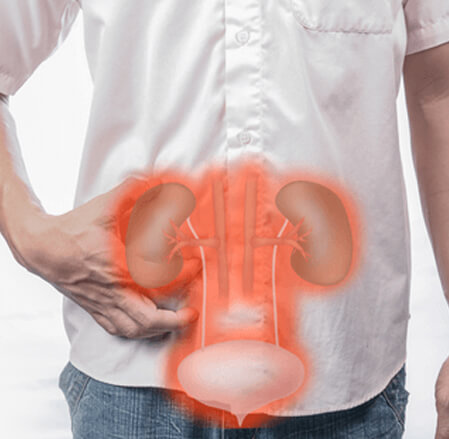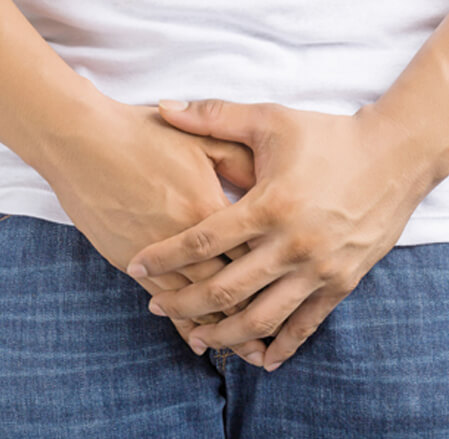Urine Latrine Sansation Memory Loss
Toilet problems and continence
People with dementia can experience difficulties with using the toilet. Accidents and incontinence can also cause problems, particularly as their condition progresses. This can be upsetting for the person and for those around them. However, incontinence is not an inevitable consequence of dementia and support is available. This can be a sensitive topic for many people, but talking about it can help to deal with the problem.
These pages give practical tips to help prevent or manage incontinence, and looks at the professional support available.
What is incontinence?
Incontinence is the involuntary (not on purpose) leakage of urine or faeces, or both, known as ‘double incontinence’.

Urinary incontinence
Urinary incontinence may be a small occasional leak, a trickling after passing urine, or total loss of bladder control.
There are several different types of urinary incontinence. Probably the most common form in people with dementia is an overactive bladder. This gives the feeling of a sudden and intense need to go, and frequent urination.
Women are also at particular risk of a different type of urinary incontinence called stress incontinence. This is when a cough, sneeze or laugh causes a small leak of urine.


Faecal incontinence
- Faecal incontinence may range from passing a small amount of faeces when breaking wind, to having no bowel control at all. Faecal incontinence is less common than urinary incontinence. It affects men and women about equally.
Incontinence in older people
Older people in general have a higher risk of incontinence. In some cases this is because of a medical condition, which may be treatable. Medical causes of incontinence, in older people with or without dementia, include:
- urinary tract infection (UTI) – this is where bacteria get into the urethra (the tube that allows the passage of urine from the bladder to outside the body) and infect the bladder or kidneys. Symptoms can include a sudden urge to urinate, pain or a ‘burning’ feeling when passing urine, a fever and urinary incontinence. A urinary tract infection can usually be treated with a course of antibiotics
- constipation – this is uncomfortable and makes both emptying the bladder and ‘holding on’ more difficult. Constipation is also a very common cause of faecal incontinence, for example when liquid faeces flow around a hard, impacted stool
- prostate gland trouble – this condition affects men, and may be treatable
- side effects of medication – the GP may be able to address this by changing the person’s prescription or altering the dose
- other gut conditions such as irritable bowel syndrome.

